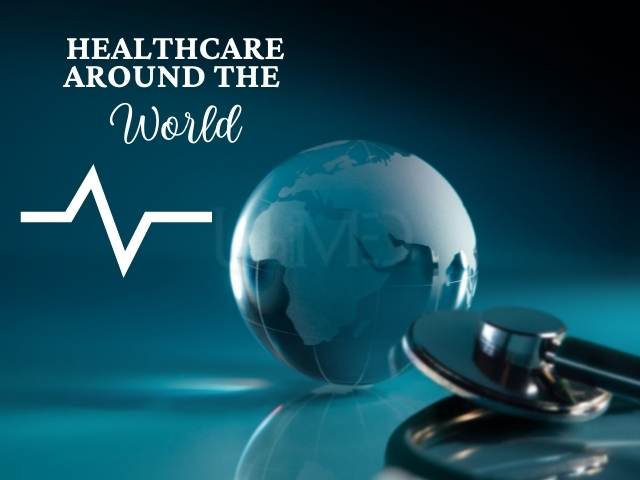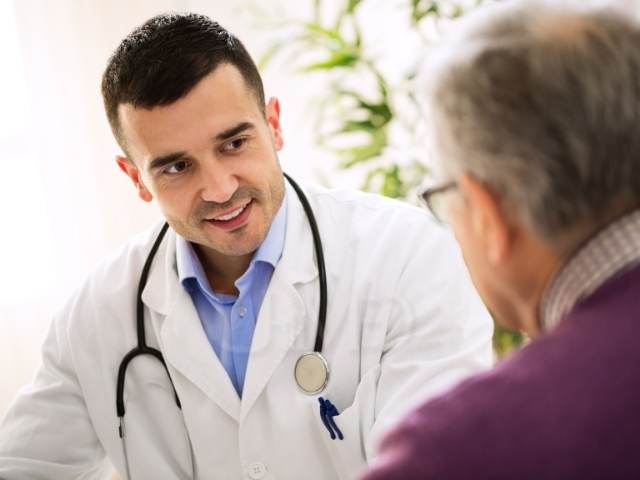Concerned about your safety on your medical trip? You are not alone. However, proper research and planning can help you feel much at ease. Here are the 10 things all medical tourists must know.
1. First world doesn’t always mean first-rate
“The best healthcare is not in the US, Canada, or the UK. The best healthcare is in places like Thailand and Costa Rica”—says Chris Guillebeau in his popular blog post.
You might want to take it from the man who has actually traveled all through the world.
A lot of medical travelers are amazed at the kind of medical and nursing care they get in Asia or Mexico or Costa Rica.

Also, the doctors in those countries treat higher numbers of patients on an average as compared to their first-world counterparts, meaning their skills and experience can be counted upon.
That said, you must always be fully informed about the procedure you are going to undertake and maybe compare to see if there are any differences from what you would expect in your local hospital.
2. There are no guarantees
Whether you are in the US or Australia, or S.Korea or India—things can go wrong anywhere.
While looking for a dentist for an affordable dental implant bridge for my mother, I checked through plenty of forums where people complained about problems and pain even after spending $30,000 at their American dentist’s office.
On the other hand, people who spent a third of that amount in for dental implant bridges in Costa Rica reported having no troubles at all.
3.You can do something to protect yourself
You have to research well and ask all questions that help you feel comfortable.
UniMed details you on the procedure to help inform you about the risks and potential complications of any procedures you are planning to go for, in a different country.
Besides independent research, to feel safe, you must ask the questions that allow you to trust the doctor you are going to have surgery with.
As a general rule, you must ask the doctor about:
- the number of surgeries he has performed (experience is not by number of years, but by number of cases)
- what is the prognosis given your personal factors – age, medical status, etc
- what to do in case some complication arises
- how many days are you recommended to stay in the country after your treatment?
Also make a list (because we always tend to forget) and ask anything that about anything you doubt over—ANSWERS are comforting.
We strictly encourage the patients to not try and book the same doctor outside of our system because you will not be able to review or say anything about your experience, and the doctor has nothing to be held for, if anything unfortunate happens.
Also, doctors on our system are well aware that they have to be honest and ethical with UniMed patients to continue our association and any malpractice can get them delisted.
4. They speak your language
Almost all hospitals that regularly work with medical tourists have staff and doctors who can speak in English. You will be able to converse comfortably; don’t expect them to speak perfect English though.

Most of them will arrange for interpreters if you need them to be speaking in other languages.
However, even if there are interpreters I recommend you to go to a place where the doctor understands some part of the very language you speak, if it’s not English.
It is imperative that your doctor understands what you are saying during the surgery.
5. Expect different standards but it’s not entirely different
The healthcare quality assessment is standard for organizations like the Joint Commission International (JCI) – so if you are going to a hospital that is accredited by one of these international organizations, know that you will find similar hospital standards.
However, that mostly implies to the facilities provided by the hospitals. The ethical standards and doctors’ practices vary from region to region.
You want to look for a doctor who is aware of the global best practices.
6. Doctors are truly global
My dermatologist in India was treating a patient from Australia, and she prescribed the medication and brand names that the patient would be able to find in Australian pharmacies, when she goes back.
If you are looking for say breast implants in Thailand, just look at the options your doctor offers and if they are similar to the ones that are offered in your part of the world.
If they are different, don’t hesitate to ask the doctor about those differences.
A lot of doctors listed here have training or higher education in Europe or USA. Others are part of International associations of their respective specialities so they are constantly updated of the developments in their field.
There are two ways to find out about your chosen doctor’s awareness of international standards:
- See if they regularly treat foreign patients (usually they will be able to provide you with reviews or testimonials from foreign patients) – if they do that they are likely to keep themselves very updated
- Ask the right questions like you would in a local hospital
7. Prescription medicines are different
Expect to find OTC drugs that are much cheaper in the developing world, and you can even buy prescription medicine for lower prices.
Some people stock up on certain medicines that they find way cheaper in Asian countries.
However, certain drugs that are banned in some countries due to health concerns are easily available in others, especially cough syrups.
Before buying any medication, you can check online to know the safety of those drugs according to your country’s guidelines. Many harmless herbal medicines and products are also available in Asian countries.
8. You must NOT travel in haste
It is always better to reach your medical destination a day or two before the planned date of surgery so you can go to the hospital, get physical examination/investigations, check out your recuperation place, perhaps find another one if you don’t like it, and feel comfortable in your surroundings.
Make sure to ask the doctor for pre-surgery instructions – usually you are not allowed to eat or drink 12 hours before going for general anesthesia.
Do NOT plan to travel abroad for surgery if you don’t have enough time to stay in the country for recovery. I cannot stress this enough—do not rush to go back home unless you have healed completely and your doctor has agreed to your return trip.
You do not want to travel thousands of miles back only to find your surgery has resulted in a complication. Besides, flying immediately after surgery can raise the chances of blood clots.
Most procedures require 2-3 weeks but in some cases more time may be required and in others, like LASIK, you may be able to return within a week.
Once again, do NOT plan your medical trip if you don’t have sufficient time.
9. Pre-plan your accommodation & travel
Most hospitals will arrange for pick-up from the airport if you inform them in advance. They might also have tie-ups with nearby hospitals, for patients to stay during recuperation, where you can get better prices.

Some dental centers in Mexico offer free stay in a nearby hospital.
Even if you are going to a hospital that has no such tie-ups, it doesn’t’ hurt to ask.
Also, if you don’t like the hotel they send you to, it is perfectly alright to find another one. Just try not to book one too far from the hospital.
10.Check the accepted mode of payment
International credit cards are accepted at most big hospitals, but if you decide on one of the awesome dental or eye clinics that are not a part of the big hospitals it is advisable to ask what modes of payments do they accept.
There are places that only accept cash. Also, you must carry some local currency for small purchases.
Have you been on a medical trip? How was your experience? What made you feel comfortable or not — can share that to help other medical tourists?